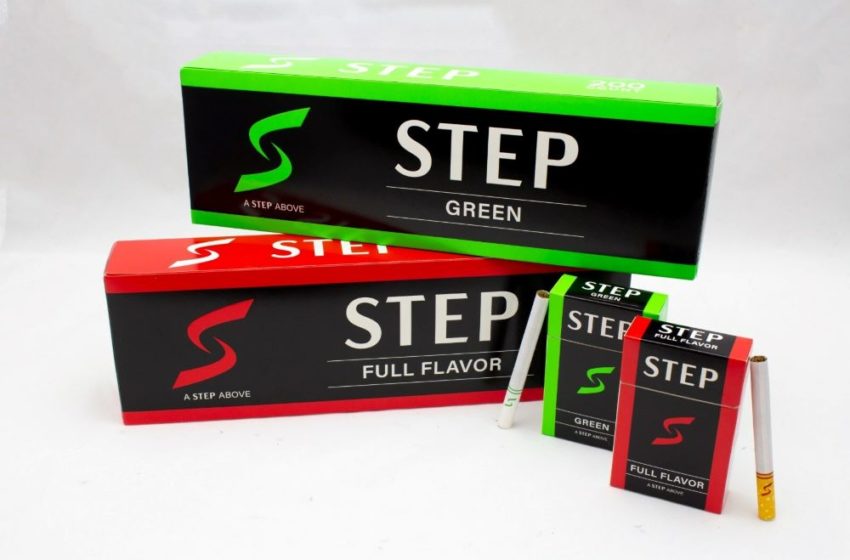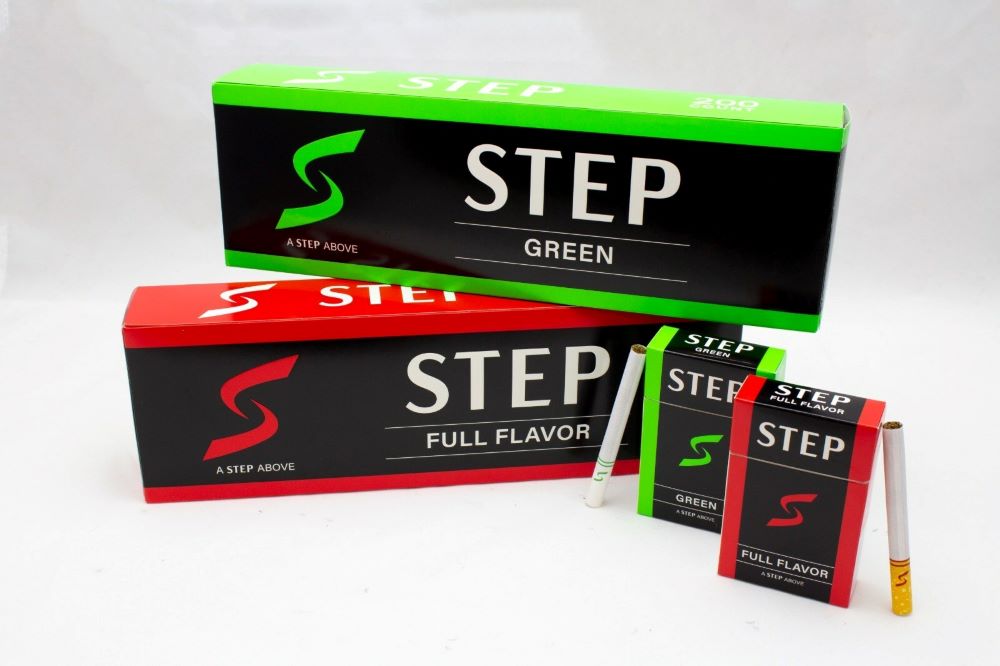
The new director of the U.S. Food and Drug Administration’s tobacco science division is Matthew Farrelly, former chief scientist and director of the Center for Health Analytics, Media, and Policy for RTI International.
In an announcement, the FDA’s Center of Tobacco Products (CTP) stated that Farrelly’s extensive work in the field of tobacco and nicotine science for more than 25 years, and being recognized internationally as an expert with proven leadership and organizational management skills will help him succeed as the director of the CTP’s Office of Science.
“He has led or been involved with numerous scientific endeavors related to tobacco control policies and regulatory approaches, including those related to graphic health warning labels, excise taxes, smoke-free policies, quitlines, state tobacco control programs, retail advertising, and flavored tobacco products,” the release states. “He has also extensively researched the influence of mass reach health campaigns, including FDA’s The Real Cost.”
Farrelly also has authored or co-authored over 120 articles in peer-reviewed scientific literature, according to the release. He earned his Ph.D. in Economics from the University of Maryland at College Park.
Farrelly joins the CTP as the agency faces a series of major tobacco-related decisions, including a potential ban on menthol cigarettes, lowering nicotine levels, and the next step in its ongoing attempt to regulate Juul and other electronic cigarettes.
Farrelly will replace Matt Holman, who left the position last year to join Philip Morris International. Holman was hired in 2017 and took over for David Ashley.



















